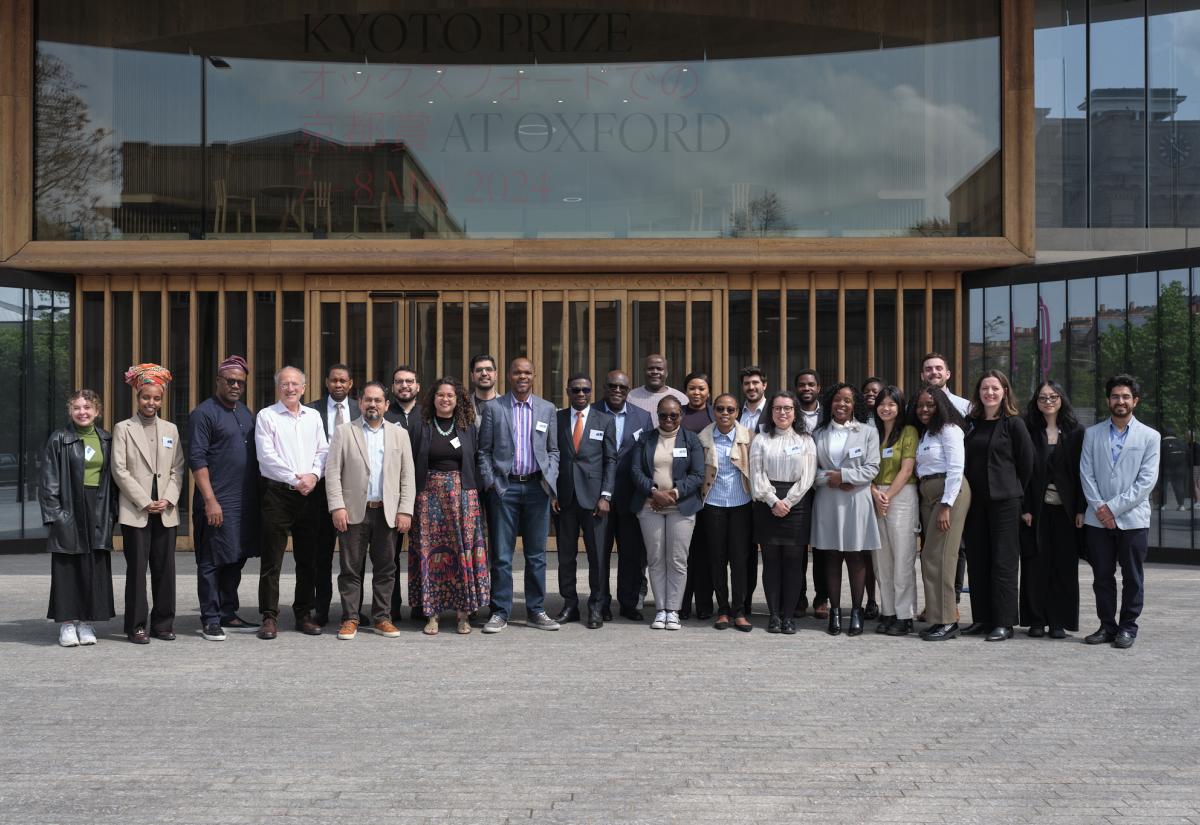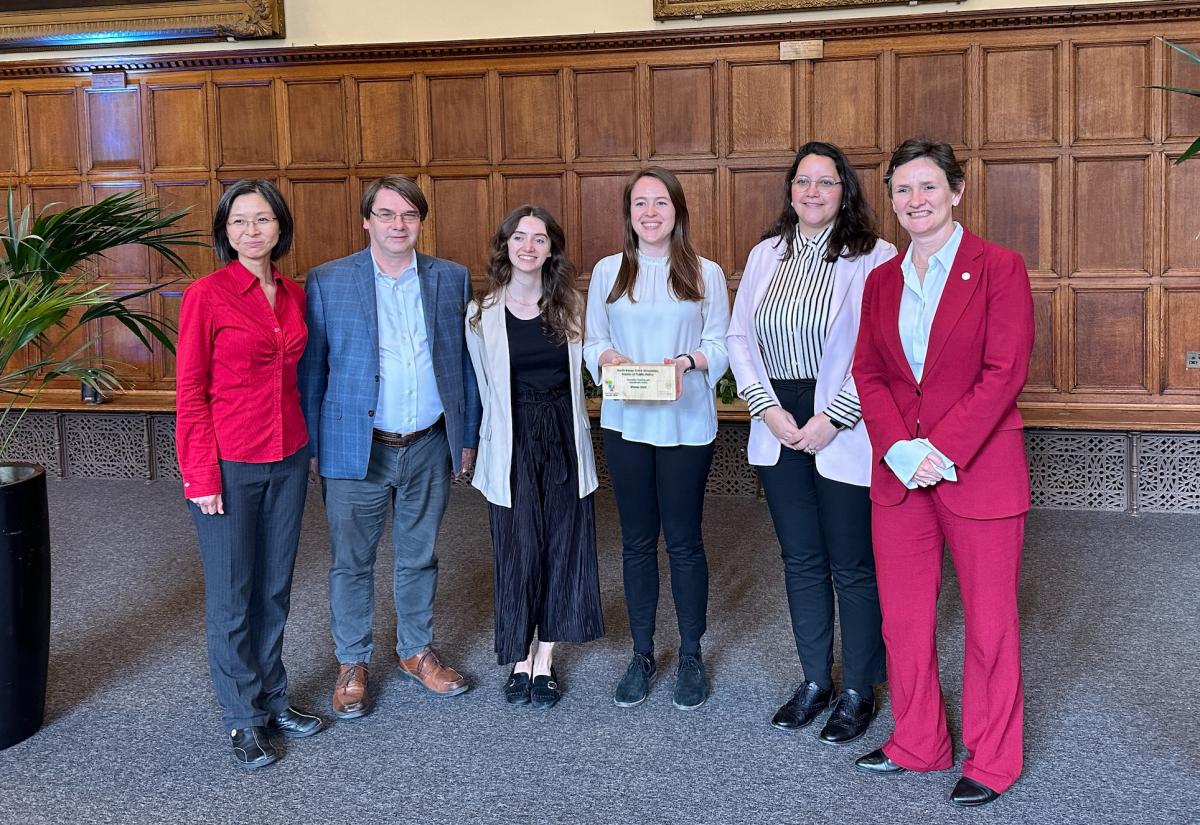
Image: Professor Culpepper (left) at the Challenges of Government Conference 2017. Photo by: John Cairns.
We are delighted to announce that Pepper Culpepper, Professor of Politics and Public Policy at the Blavatnik School, has been awarded an Advanced Grant from the European Research Council (ERC). The prestigious €2.5 million grant will fund a ground-breaking project exploring the feedback loops between policies regulating banks, public anger towards banking elites and the content of the mass media.
'Banklash' is a first-of-its-kind, five-year project based on cutting-edge research which will bring together political economy, behavioural research and policy studies. The name 'Banklash' refers to the public outrage that the bank bailouts provoked during the financial crisis of 2007 and how that anger affects perceptions of fairness and feeds anti-elite populism.
With a focus on United States, United Kingdom, Germany, France, Switzerland – five countries home to large international banks – as well as Canada, 'Banklash' involves three simultaneous strands of research:
- The first part will collect the first cross-nationally comparable data on public attitudes towards finance, inequality, bankers’ pay, etc. It will also include innovative survey experiments that assess how different media ‘frames’ generate different responses and preferences in public opinion.
- The second part will analyse the media environment of the six countries in the last decade. It will look into how much the media discussed financial regulation and what were the dominant media ‘frames’ with regards to coverage of banking sector regulation.
- Finally, the project will examine the dynamics of policymaking and policy responsiveness within bank regulation over time - where politicians deemed regulation necessary, and where they didn’t intervene. It will link episodes of policy intervention to the datasets on public opinion and attitudes, and to the analysis of the predominant ‘frames’ in different national media markets.
The ERC Advanced Grants are awarded to top researchers in Europe and are extremely competitive – over 2,200 proposals were submitted this year and only 12% were selected for funding. It is a great recognition for Professor Culpepper’s work and will allow him not only to develop his idea, but also grow our academic community.
“We are thrilled that Professor Culpepper has been awarded this extraordinary ERC Advanced Grant. No single project so far has brought together these three elements of democratic responsiveness – policy, public opinion and the media – and looked at how they relate to the broader challenges currently facing the political elites" said Professor Ngaire Woods, Dean of the Blavatnik School of Government. "His study will be instrumental in understanding the consequences for democracy of enduring popular anger against financial institutions.”
At the end of the five years, Professor Culpepper hopes to better understand how the media environment influences the character of populism, and the role that the mass media play in relaying information from policymakers to citizens – allowing the discussion to go beyond ‘fake news’ to focus on how information transmission between policymakers and citizens takes place in democracies, and how different modes of information transmission through the media influence the democratic responsiveness of public policies.
Professor Culpepper has previously worked on a comparative study of issue salience and policy responsiveness in UK and US with Professor Taeku Lee (UC Berkeley), with whom he will continue to collaborate in this project.



